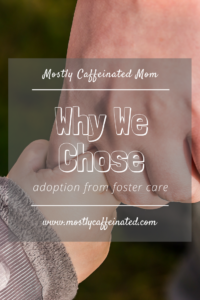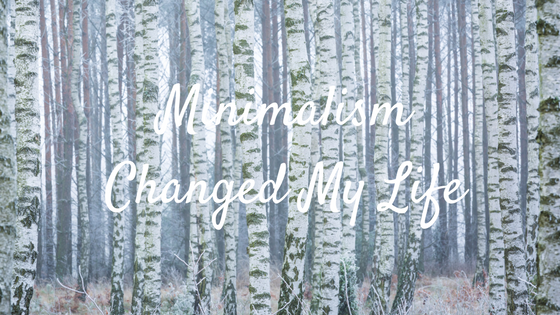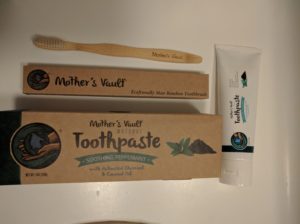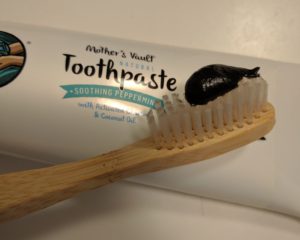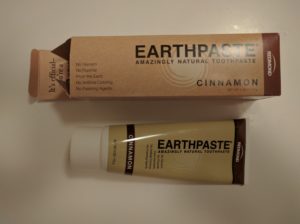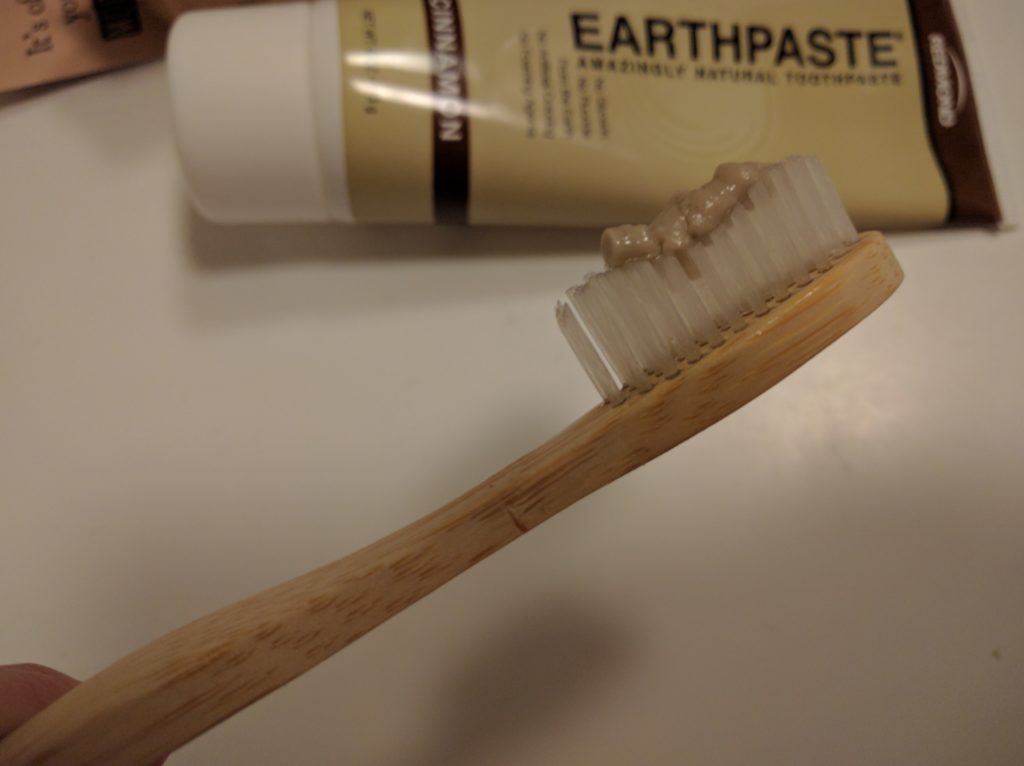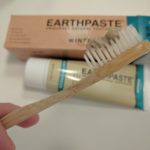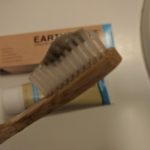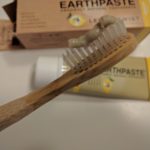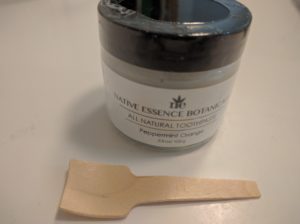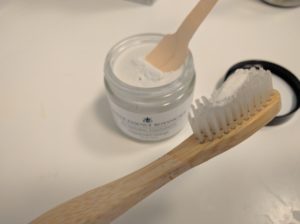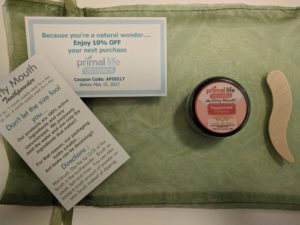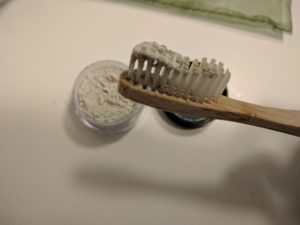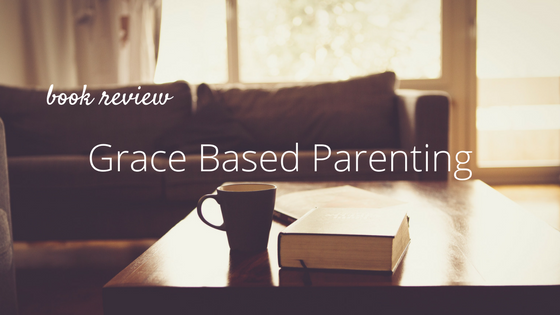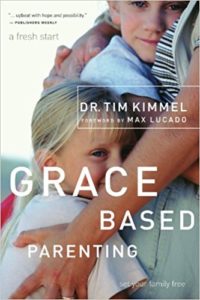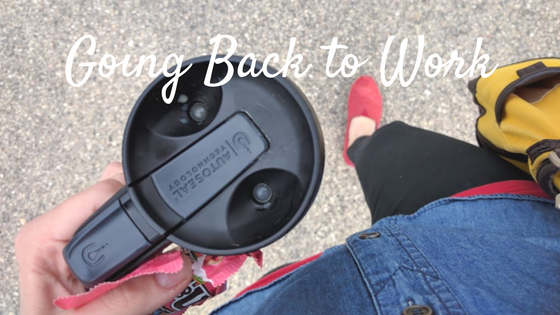I feel like we’re a bit of a minority in the adoption community.
We have our own biological children. We could probably have more any time.
We are only 30.
We work with kids and teens every day (we’re educators.)
So why did we decide to adopt from foster care?
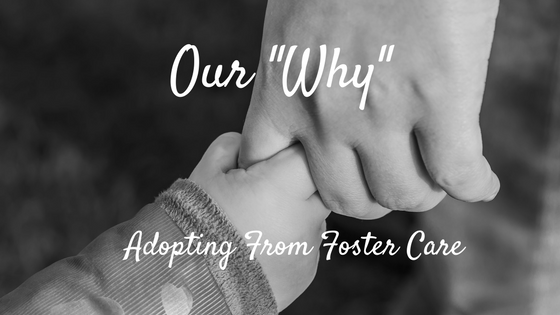
Let’s begin at the beginning, eh?
I’m adopted. Now, I was adopted privately, as an infant, to parents who were almost 40 with infertility struggles. So not really the same. But at about 8 years old, I suddenly realized that adoption was a thing any adult could do, and I knew I wanted to adopt children. I didn’t even know at that time if I wanted to marry or have biological children, but I was 100% committed to the idea of adopting some.
I chose adoption because my life was forever changed.
Fast forward to the ripe old age of 18, right before high school graduation. My (now) husband and I are in my childhood living room, having a very sincere discussion about our future. In this conversation, we established that we were going to marry each other, acquire a dog, and I came out of left field with, “You know I’m going to adopt some kids, right?” To which he replied, wisely, “Okay, sure.” Followed by, “And you know, if there’s several there, they’re all coming home with me, right?” “That’s extreme, but yes, I know that.”
We chose adoption together. It was foundational to our marriage.
So adoption has been in my heart for 20 years, and was put fully on the table right in our discussion of marriage.
5 years into marriage, we happened to have a baby. And then another one. And we talked about adoption this way: “When we have saved up the money, say around 40, we’ll be able to adopt those kids.” It was never an “if,” always a “when.”
Then the story takes a sharp turn. I made a friend in college to whom I am indebted for other reasons, but he and his wife added 3 children to their family from foster care. We get together socially with this family, we love their kids, heard about their experience, enjoyed knowing a family who was adopting, but thought no more of it. One day, we were involved in a conversation on Facebook with some other mothers, discussing how some of us thought someday adoption might be affordable for our families, when my friend uttered these fateful words:
“What we did was free.”
Free.
I had no idea.
I dove immediately into research, contacting, discussing with my husband. It was a matter of a month before we were attending our first of many meetings and seminars and filling out paperwork. And just 6 months later, we are only waiting on the office work at the agency before we will be approved for placements.
We chose adoption from foster care because we could afford to help children sooner.
As educators, there have been many incidents where we work closely with neglected or abused children, and wish we could take them home with us. We want to change our students’ lives for the better, and some of these students need clean clothes and consistent adults and a hug before we can worry about their academic skills. Of course, it isn’t legal to snatch up your students and take them home with you!
We chose adoption from foster care in order to help children on a more basic level than we can do at work.
I know everybody who chooses to adopt comes from their own set of experiences and desires, and I can’t claim to understand any other parents’ motivations. For our family, our desire to adopt had nothing to do with nurturing an infant – we are very blessed to already have begun our family with two infants born to us biologically. Because of this, we couldn’t think of any reason why we needed to undertake private adoption, or infant adoption. We love being around older children and aren’t fearful of the speed bumps that come with adolescence or having a transracial family. In fact, I find myself quite excited to jump into parenting an older child.
We chose to adopt from foster care because we, personally, are impartial about age or ethnicity.
If some of these reasons resonate with you, check out foster-to-adopt programs for your state!
Share your adoption stories or blog links below!
